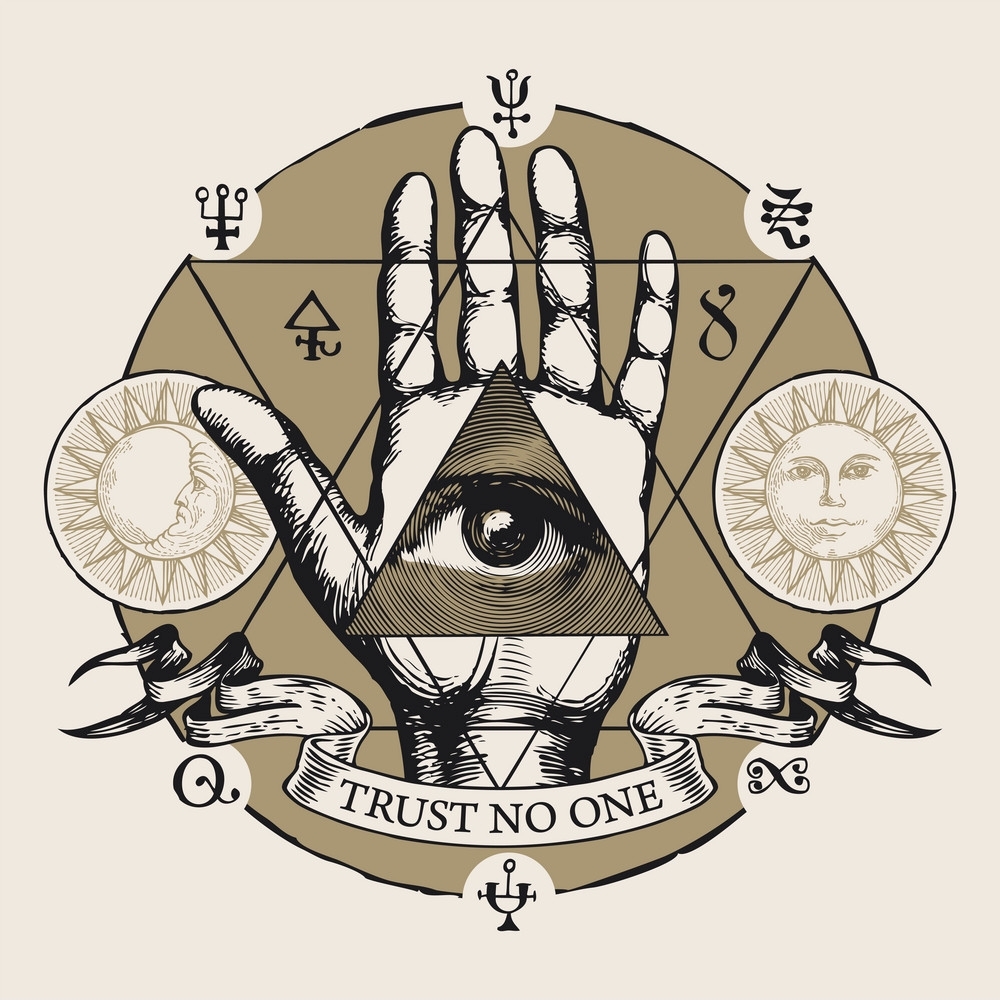Historian Albert Jordy Raboteau II died at his home in Princeton, New Jersey, in September. He was 78. His pioneering work on the history and religious experience of American slaves changed the way Black culture and religion are studied in America.
At Princeton from 1982 until he retired in 2013, Raboteau was one of the first historians to dispel the myth that Black slaves merely adopted the Christian faith of their white oppressors.
Beginning with his first book, Slave Religion: The ‘Invisible Institution’ in the Antebellum South, Raboteau chronicled how slaves combined aspects of African religious traditions with a unique theology that viewed events surrounding the life of Jesus Christ as a direct reflection of their own suffering.
Published in 1978, Slave Religion “transformed our understanding of the religious experiences of the enslaved,” wrote Judith Weisenfeld, chair of the Department of Religion at Princeton, in a September 20 tribute to Raboteau, under whom she once studied.
Raboteau paid “careful and empathetic attention to their voices and accounts of their spiritual lives,” Weisenfeld said, and emphasized “his presentation of complex theological grappling with suffering, and his recognition of the wisdom and joy of Black religious life in slavery amidst sorrow and violence.”
Raboteau’s scholarship helped the nascent field of African-American studies gain legitimacy through his academic rigor. And he expanded its scope by “insisting that this secular, often radical discipline make room for theology and religious history,” according to his October 13 obituary in The New York Times.
As is often the case in academic disciplines that overlap with religion, much of Raboteau’s scholarship sprang from his own deeply cherished religious beliefs. Born Roman Catholic, he converted to Eastern Orthodoxy in 1995, “drawn by a series of experiences that constituted for me a spiritual renewal,” he wrote in a 2005 article in Boston Review.
“I was drawn in part by a sense of profound similarity between Orthodoxy and the ethos of African-American Christianity,” he said. “In both there is a quality of sad joyfulness, a sense that life in a minor key is life as it is; an emphasis on the importance of suffering as a mark of the authenticity of faith.”
Raboteau was born September 4, 1943, in Bay St. Louis, Mississippi, to his widowed mother: three months earlier his father was shot to death by a white man who was never prosecuted because there were no witnesses to the incident and the assailant claimed self-defense.
Raboteau’s mother remaried. His stepfather was a former priest who had left the Catholic Church because of racism among the clergy. From him, the young Raboteau learned Latin and Greek, and his childhood dream was to become a monk.
Although Raboteau never became a priest, his passion for theology continued. He studied at Loyola University, a Jesuit institution in Los Angeles that was later renamed Loyola Marymount University. He earned his master’s degree in literature from the University of California, Berkeley, in 1966, where he later taught.
In 1970, Raboteau enrolled at Yale for further postgraduate studies. There, he became part of a small group of “subaltern” historians and mentors that challenged academic norms whereby slavery was studied exclusively from the point of view of slave owners.
These new historians turned instead to long-suppressed archives to explore the lives of the enslaved and newly freed people who developed their own culture in defiance of their oppressors.
“He taught me to listen to my sources, to the voices of people that the archives had disempowered,” Weisenfeld recalled.
Raboteau’s work is a vigorous critique of America’s founding values as demonstrated by the suppression inherent in 246 years of slavery leading up to and through the Civil War and since.
“Their voices contradicted the proposition that America is the story of the gradual expansion of freedom and opportunity to a wider and wider group of people,” Raboteau wrote in a 1995 issue of America: The Jesuit Review of Faith and Culture.
“The moral claim laid upon us by their ancestors’ insistent voices is continual awareness that racial inequality was interwoven into the fabric of our society from the start.”
______________
The Church of Scientology publishes this blog to help create a better understanding of the freedom of religion and belief and provide news on religious freedom and issues affecting this freedom around the world.
The Founder of the Scientology religion is L. Ron Hubbard and Mr. David Miscavige is the religion’s ecclesiastical leader.
For more information, visit the Scientology website or the Scientology TV network.
DOWNLOAD THE WHITEPAPER

